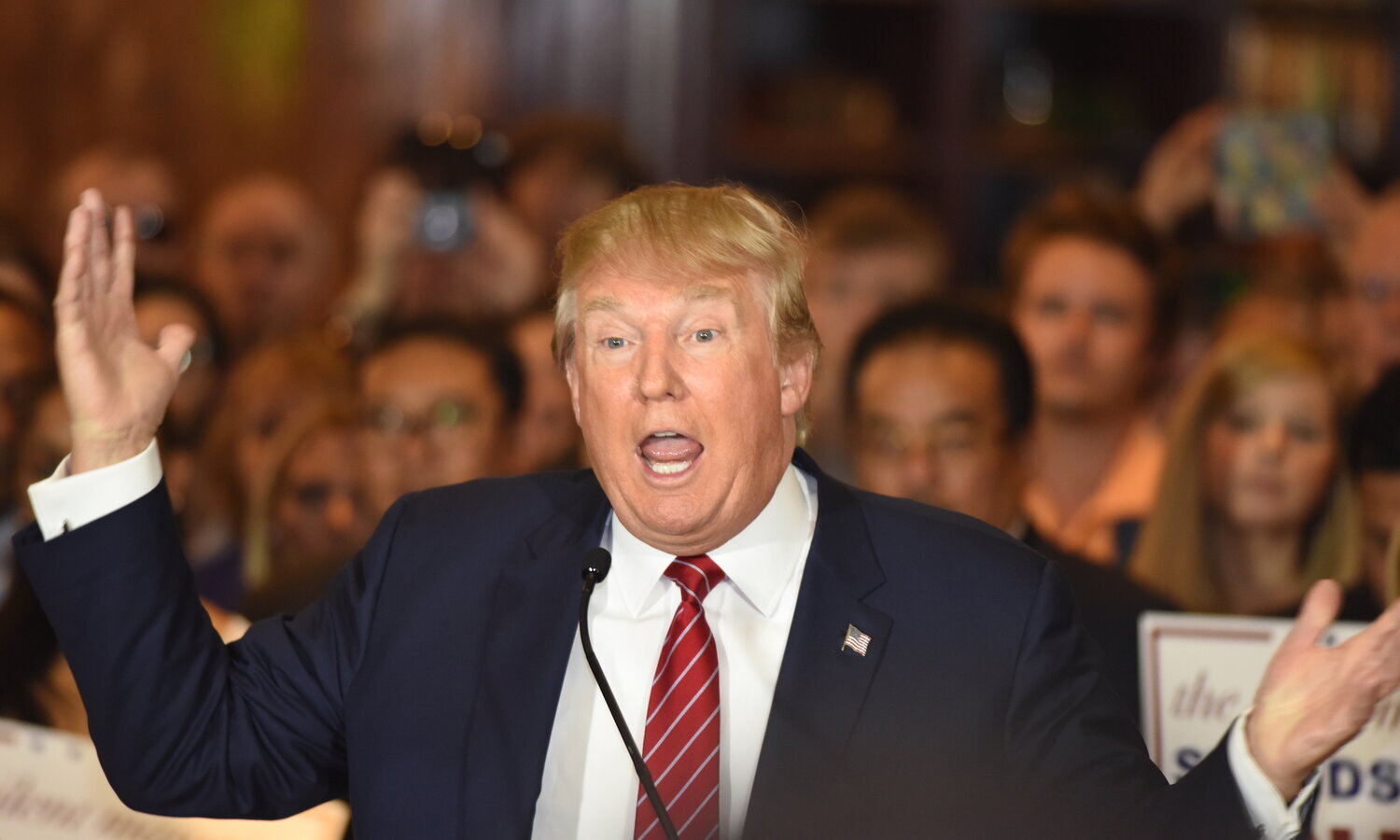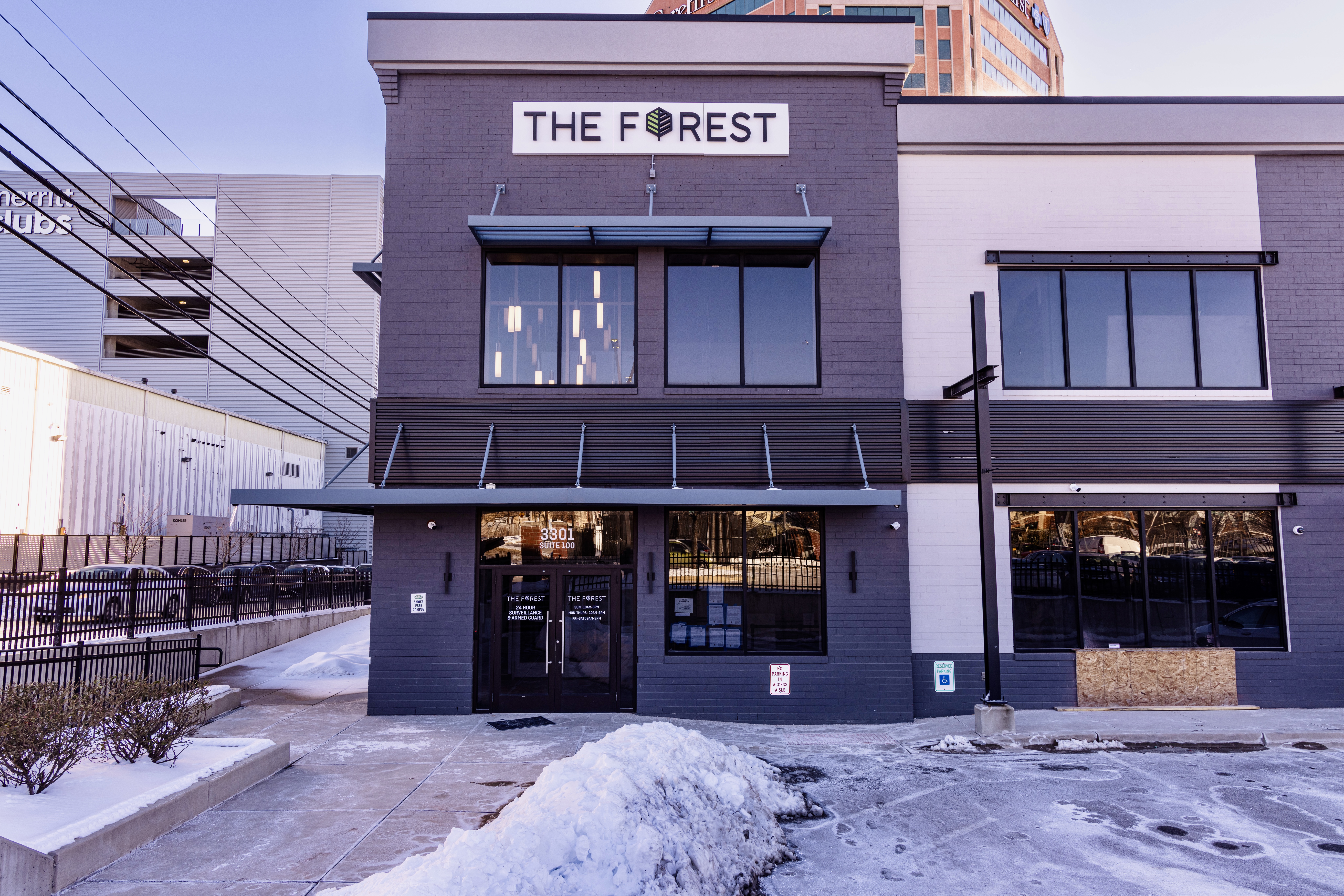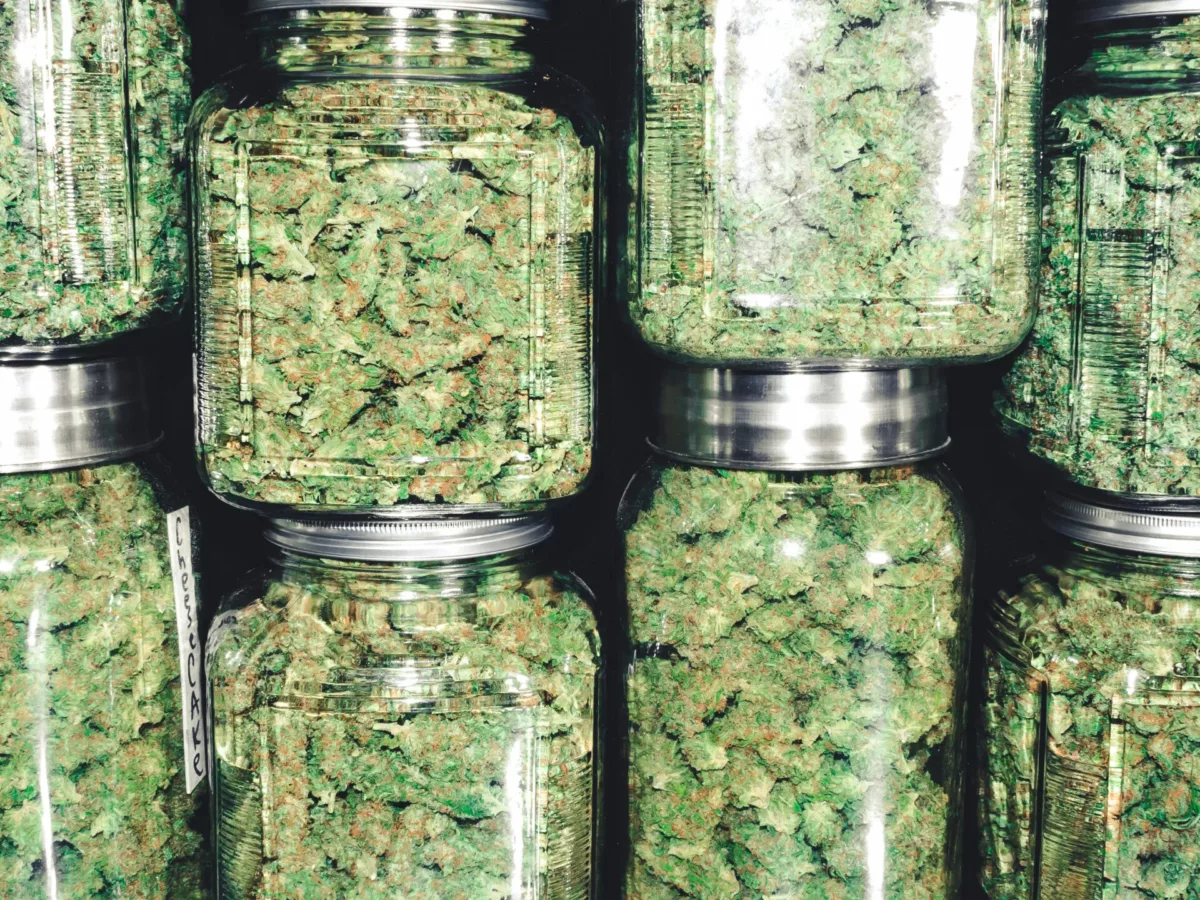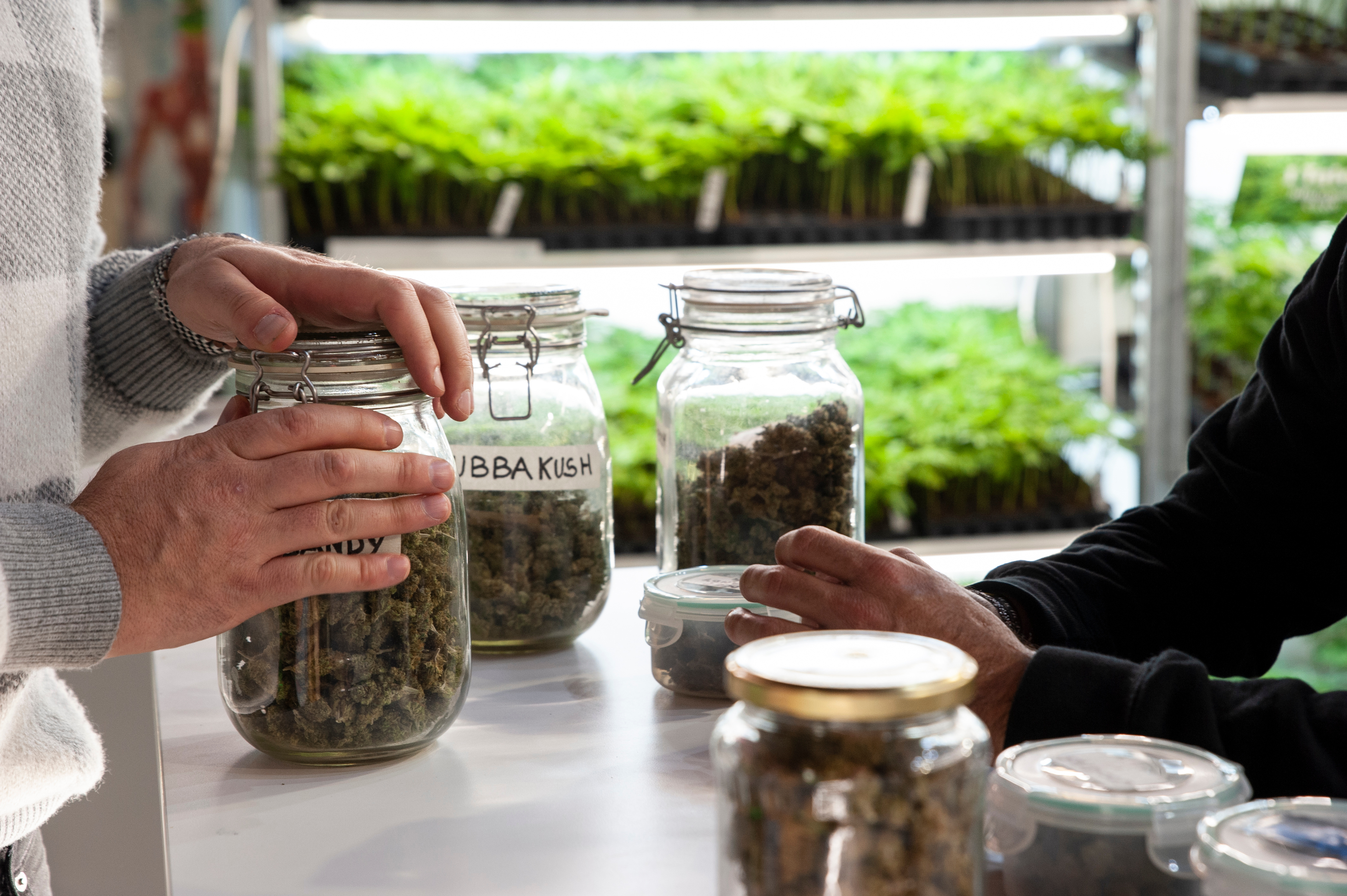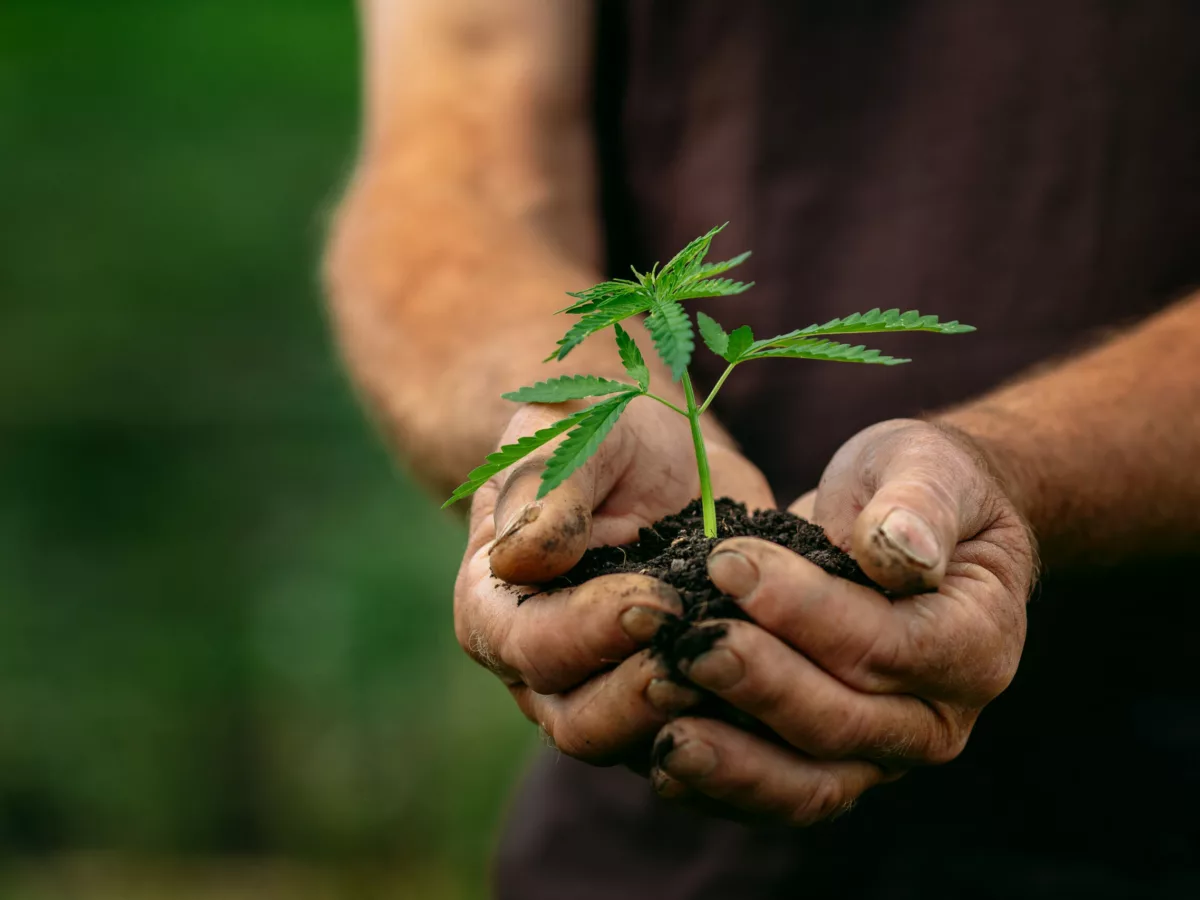It has seemed, for quite some time, that President Donald Trump’s administration is out to get cannabis. Why exactly, is unclear. Trump, before he found his way to the White House, did not care about much or what anyone else did, unless it affected him—a sort of spoiled Democrat touched by super rich Libertarianism—and so cannabis wasn’t much of an issue. But as President, whether it’s because he believes it appeals to his base or just because a few goons in his administration don’t like it, he’s been anti-cannabis. That stance popped up more publicly in June when it was revealed that he had no plans for cannabis reform and Attorney General Bill Barr was exposed by a whistleblower as vindictively investigating cannabis business mergers.
But an August 21 interim final rule published by the Drug Enforcement Administration (DEA) regarding hemp is the equivalent, attorney Rod Kight said, to the Trump administration “dropp[ing] a bomb on the hemp industry.”
The interim final rule “clarifies” the definition of hemp in the 2018 Farm Bill which excludes “synthetically derived tetrahydrocannabinols” stating that “the concentration of Delta-9 THC is not a determining factor in whether the material is a controlled substance. All synthetically derived tetrahydrocannabinols remain schedule I controlled substances [under the CSA].”
Essentially, this means that even if a hemp product is derived from hemp that is legal under the Farm Bill, once that hemp is processed it may not be considered legal. The interim final rule goes into effect immediately, even though there is a public comment period, and has the force of law. The DEA claims that the interim final rule can go into effect immediately because it is merely enacting the hemp provisions of the 2018 Farm Bill related to cannabis and THC levels under the Controlled Substances Act.
As Kight and others have observed, this claim that they are implementing what is already in the bill is “a radical and unsupported interpretation of the Farm Bill.”
Daniel Shortt on the Canna Law Blog broke it down like this: “In order to extract cannabinoids from hemp, hemp plant material must go through an extraction process. This extraction process almost certainly results in a temporary increase in Delta-9 THC. As cannabinoids are isolated it is nearly impossible to control the levels of delta-9 THC from increasing through that process. This means that under the DEA’s interim rule, the processor would be in possession of a schedule I substance, even if the processor dilutes the end product down to the requisite level of 0.3% delta-9 THC or destroys any delta-9 THC by product.”
So in short, the DEA is using the 2018 Farm Bill to make it a lot easier to potentially criminalize hemp growers—at a moment when more and more states’ regulatory hemp programs are being approved. This is an important—if admittedly confusing—story that Outlaw Report readers should make sure to follow.
Photo of President Donald Trump by a katz via Shutterstock.
